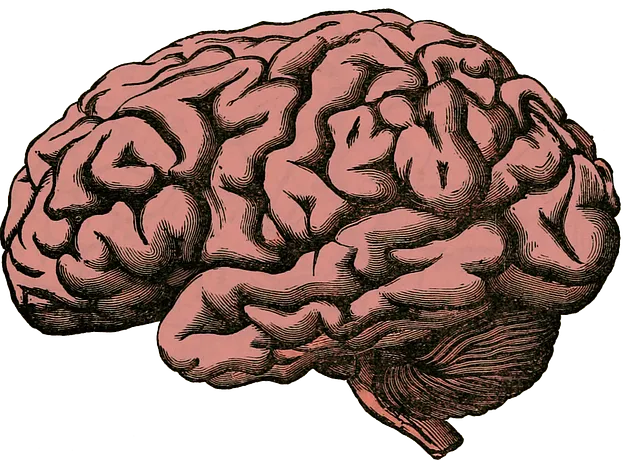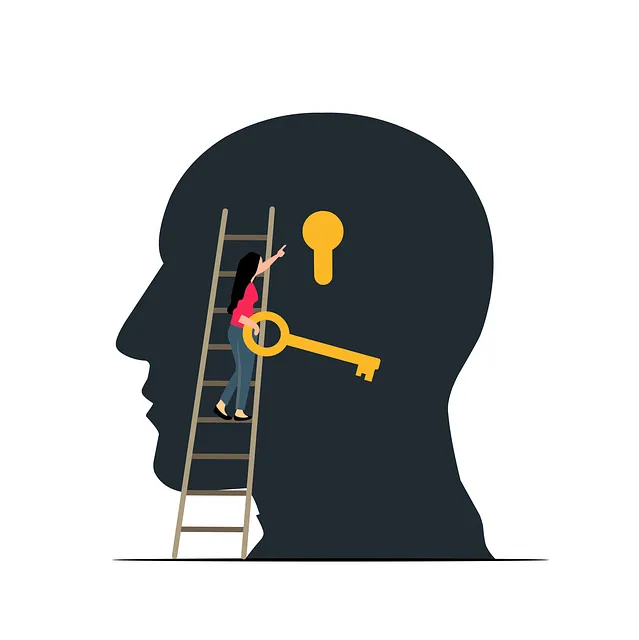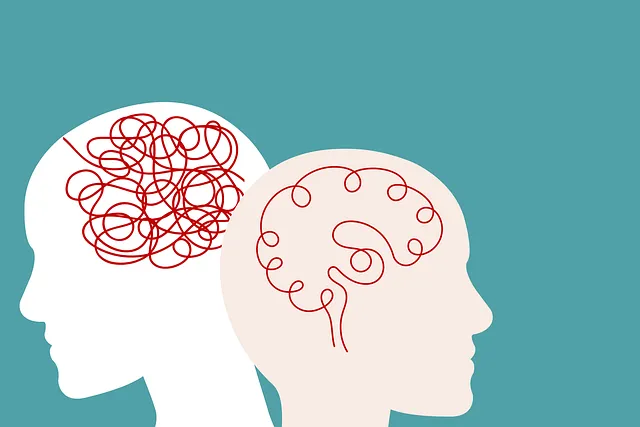The Kaiser Permanente behavioral health center in Longmont is dedicated to teaching effective coping skills as a core aspect of mental well-being, offering tailored programs that include crisis intervention, self-care practices, and conflict resolution. They prioritize cultural sensitivity, cognitive-behavioral therapy (CBT), mindfulness, and relaxation strategies, empowering individuals with personalized coping skillsets to navigate challenges and build resilience. Through community engagement, support groups, and workshops, the center fosters a robust support network, encouraging self-care routines for improved mental health and overall well-being.
In today’s fast-paced world, developing robust coping skills is essential for maintaining mental well-being. This comprehensive guide explores various aspects of coping skill development, offering valuable insights into fostering resilience. From understanding the foundational role of mental health resources like the Kaiser Permanente Behavioral Health Center Longmont to identifying personal strategies and engaging with supportive networks, this article equips readers with tools for navigating life’s challenges effectively.
- Understanding Coping Skills: A Foundation for Mental Well-being
- The Role of Kaiser Permanente Behavioral Health Center Longmont in Promoting Resilient Mindsets
- Identifying Personal Coping Strategies: A Journey to Self-Discovery
- Evidence-Based Techniques for Effective Stress Management
- Building a Supportive Network: Enhancing Coping Abilities Through Community Engagement
Understanding Coping Skills: A Foundation for Mental Well-being

At the Kaiser Permanente behavioral health center Longmont, understanding coping skills is recognized as a cornerstone for fostering mental well-being. Coping skills are strategies individuals use to manage and overcome stressful situations, difficult emotions, or challenging life events. They serve as a buffer against potential crises, helping folks navigate turbulent times with resilience and adaptability. By developing effective coping mechanisms, individuals can enhance their ability to face adversity, maintain emotional balance, and improve overall quality of life.
The Kaiser Permanente behavioral health center Longmont emphasizes the importance of learning diverse coping strategies, including crisis intervention guidance, self-care practices, and conflict resolution techniques. These tools empower individuals to recognize when they need support, offer effective ways to soothe their minds and bodies during stressful situations, and promote healthy relationships. Through education, therapy, and community resources, Kaiser Permanente Longmont guides its clients towards building a robust toolkit of coping skills tailored to their unique needs.
The Role of Kaiser Permanente Behavioral Health Center Longmont in Promoting Resilient Mindsets

The Kaiser Permanente Behavioral Health Center Longmont plays a pivotal role in fostering resilient mindsets among its community members. Through comprehensive programs and services, the center equips individuals with effective coping skills tailored to their unique needs. Beyond traditional therapy, they emphasize self-care practices and cultural sensitivity in mental healthcare practice, recognizing that holistic well-being encompasses both personal and collective dimensions.
By incorporating self-awareness exercises designed to help individuals navigate life’s challenges with greater clarity and purpose, Kaiser Permanente Behavioral Health Center Longmont empowers them to build mental toughness. This approach not only addresses immediate concerns but also fosters long-term resilience, enabling folks to adapt and thrive in diverse circumstances.
Identifying Personal Coping Strategies: A Journey to Self-Discovery

Identifying Personal Coping Strategies is a powerful step towards self-discovery and well-being, especially when guided by experts at the Kaiser Permanente behavioral health center in Longmont. This journey involves delving into one’s unique experiences and emotions to uncover innate coping mechanisms. By exploring inner strength and embracing self-care practices, individuals can develop a personalized arsenal of strategies to navigate life’s challenges.
At the core of this process is fostering a consistent self-care routine for better mental health. The Kaiser Permanente center encourages individuals to reflect on their stress triggers and subsequent reactions, helping them recognize patterns and choose effective coping mechanisms. Whether it’s through mindfulness exercises, creative outlets, or simply taking time for oneself, these strategies become integral tools in managing stress and improving overall mental resilience.
Evidence-Based Techniques for Effective Stress Management

At the Kaiser Permanente behavioral health center Longmont, evidence-based techniques for effective stress management are at the forefront of their coping skills development programs. These techniques draw from a wealth of research and have been proven to significantly reduce symptoms associated with mental illness, while also fostering inner strength development. Through a combination of cognitive-behavioral therapy (CBT), mindfulness practices, and relaxation strategies, individuals learn to navigate stress in healthier ways.
The Stress Management Workshops Organization highlights the importance of these techniques in reducing not only the impact of stress but also the stigma associated with mental illness. By participating in workshops that focus on evidence-based practices, individuals gain practical tools for managing their well-being and build resilience against life’s challenges. This holistic approach, which addresses both mind and body, empowers folks to take control of their mental health journey, fostering a sense of empowerment and inner strength.
Building a Supportive Network: Enhancing Coping Abilities Through Community Engagement

Building a strong support network is an essential aspect of coping skills development, and the Kaiser Permanente behavioral health center in Longmont plays a vital role in fostering this. Community engagement offers individuals the opportunity to connect with like-minded people who can provide emotional support and practical assistance during challenging times. Through various programs and initiatives, the center encourages residents to participate in group activities, where they can share experiences, learn from one another, and develop meaningful relationships.
This sense of belonging and connection is crucial for enhancing coping abilities. The Kaiser Permanente Longmont team often organizes events, support groups, and workshops focused on compassion cultivation practices and stress management techniques. Engaging in such activities promotes self-care routine development for better mental health. These initiatives not only provide valuable tools for coping but also create a supportive environment where individuals can navigate life’s challenges together, fostering resilience and overall well-being.
Coping skills development is a journey that empowers individuals to navigate life’s challenges with resilience. By understanding the importance of coping strategies, utilizing evidence-based techniques, and building supportive communities, as facilitated by centers like the Kaiser Permanente Behavioral Health Center Longmont, people can enhance their mental well-being. This comprehensive approach to coping not only equips individuals with effective tools but also fosters a sense of community, offering a powerful support network for those seeking to lead more balanced and fulfilling lives.






